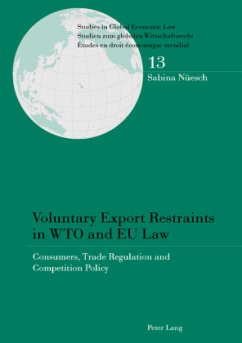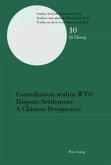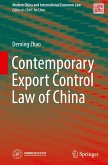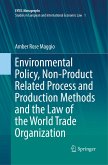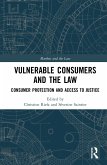The initial leaps forward in international trade liberalisation were achieved under the auspices of the General Agreement on Tariffs and Trade (GATT) when trade barriers in the form of tariffs were significantly reduced or removed up until the mid-1970s. However, this advancement was counteracted by a «new protectionism» which surfaced in the oil crises and the subsequent world economic recession. The term «new» was not to indicate the novelty of protectionist tendencies regaining momentum, but instead referred to the ever more subtle instruments, deploying non-tariff barriers to trade. Among these «grey area» measures (to use GATT parlance) are the voluntary export restraints (VERs) which unfolded insidiously over the years.
Whereas the proliferation of VERs has attracted abundant economic studies and political debate, it found only limited legal discussion. Despite their outright ban in the Uruguay Round (when VERs were outlawed by the Agreement on Safeguards), the rare instances where VERs have actually been challenged is clearly unrepresentative of their propagation.
The aim of this thesis is to elaborate on the popularity of VERs, to examine the lack of judicial consideration afforded to them, expanding therefore on the intersection of international trade regulation with competition law, economics and international political economy.
Whereas the proliferation of VERs has attracted abundant economic studies and political debate, it found only limited legal discussion. Despite their outright ban in the Uruguay Round (when VERs were outlawed by the Agreement on Safeguards), the rare instances where VERs have actually been challenged is clearly unrepresentative of their propagation.
The aim of this thesis is to elaborate on the popularity of VERs, to examine the lack of judicial consideration afforded to them, expanding therefore on the intersection of international trade regulation with competition law, economics and international political economy.

